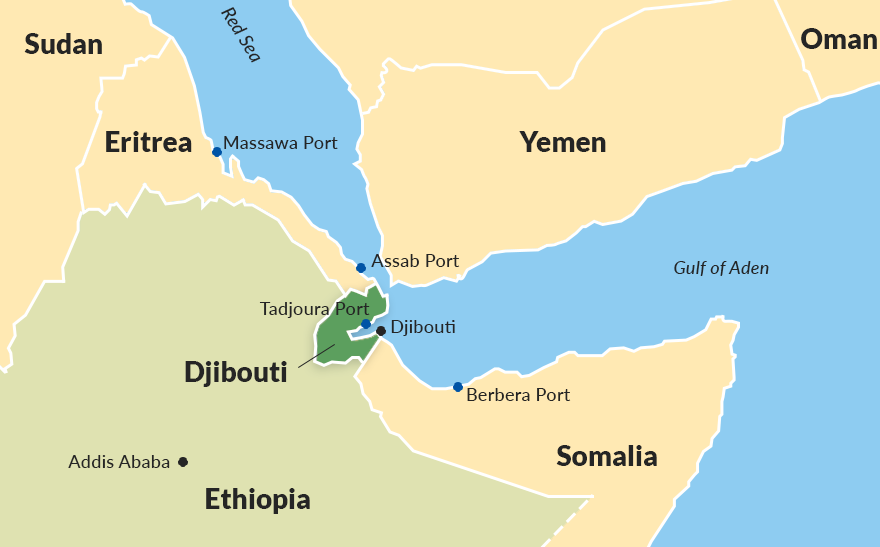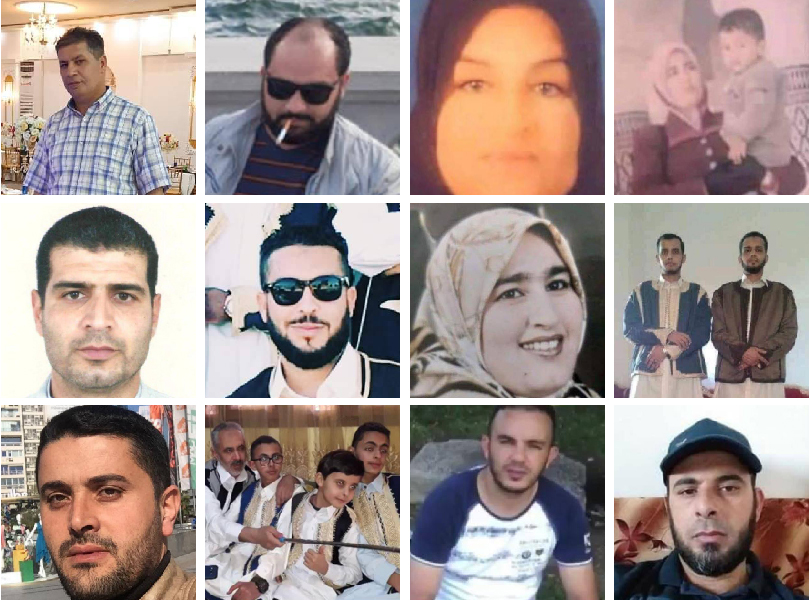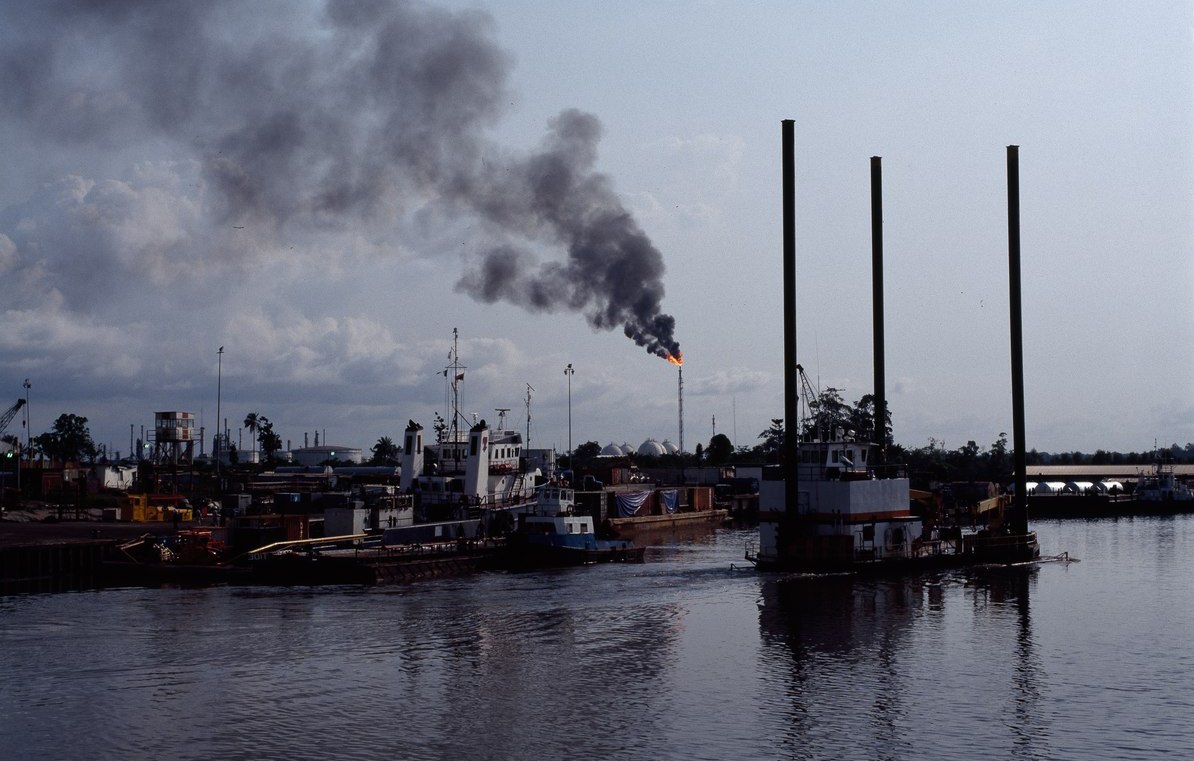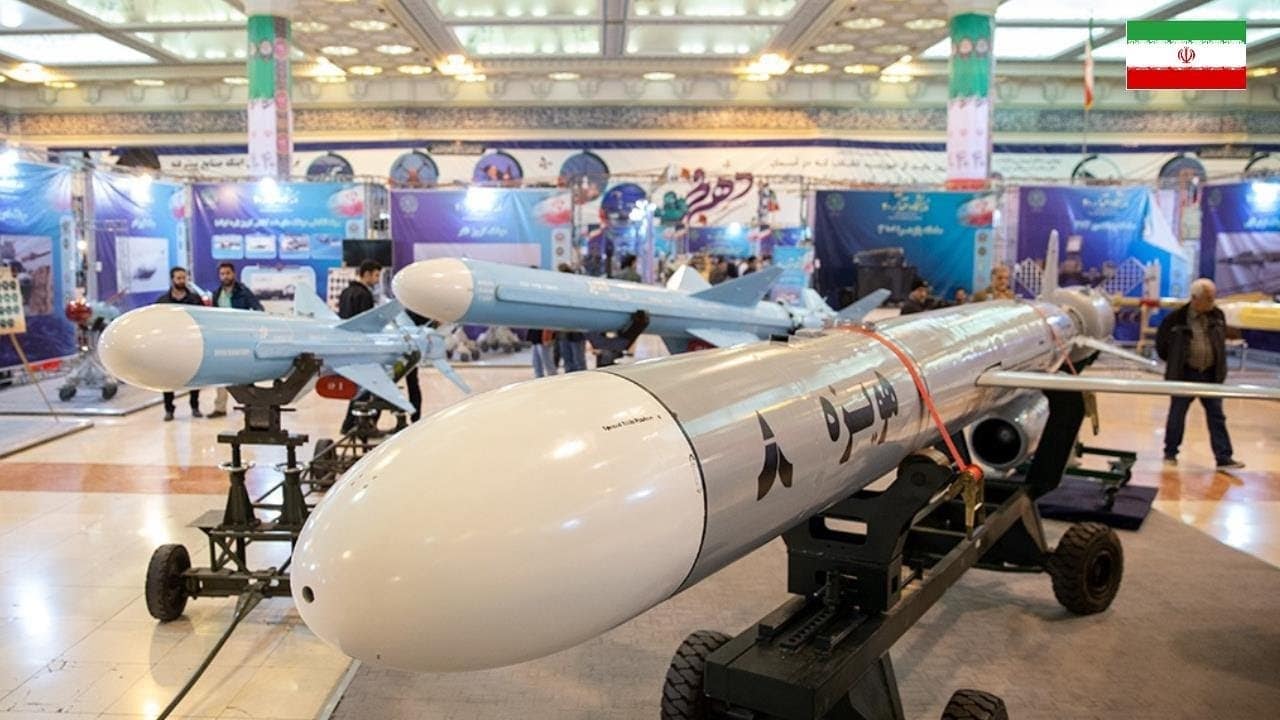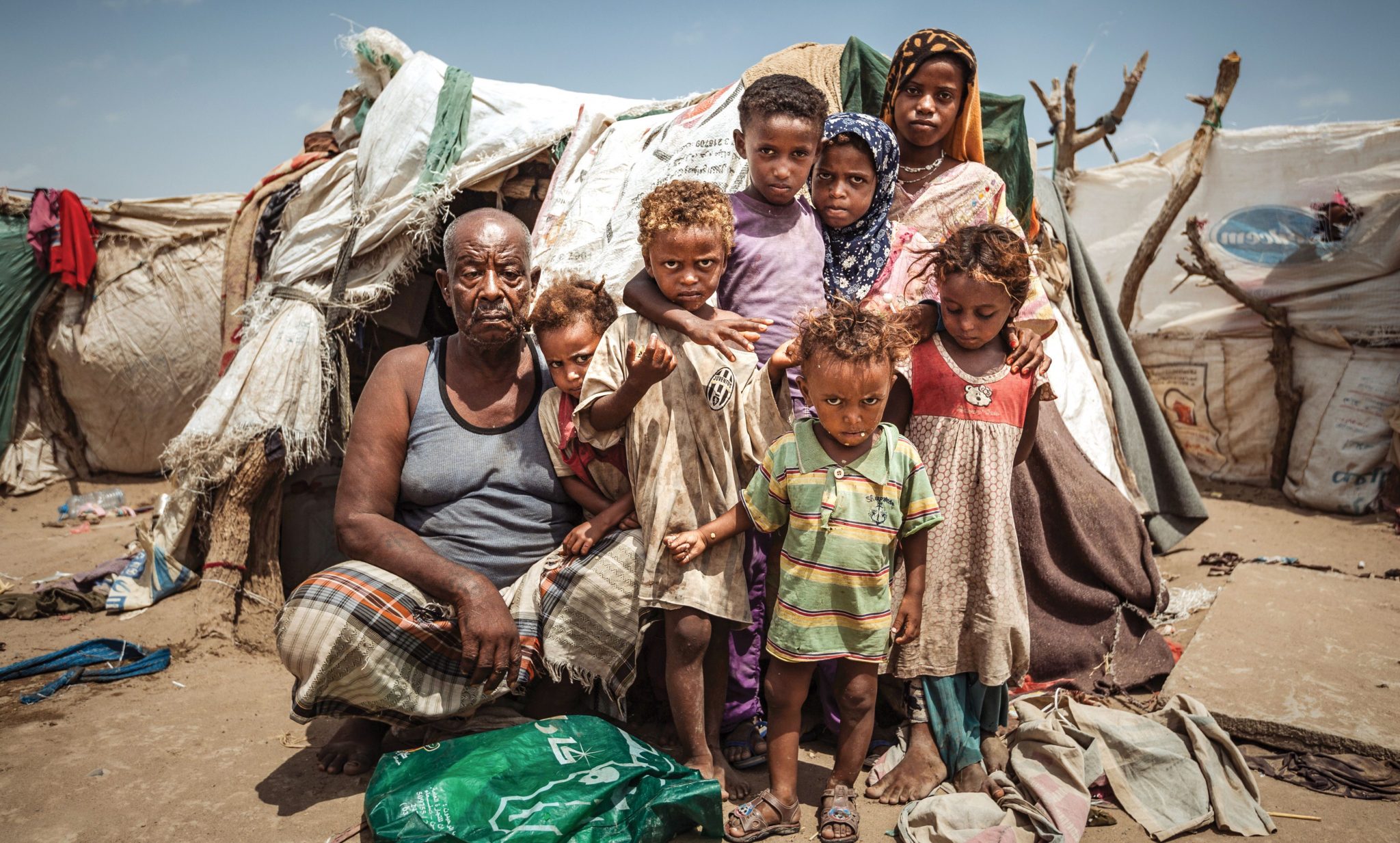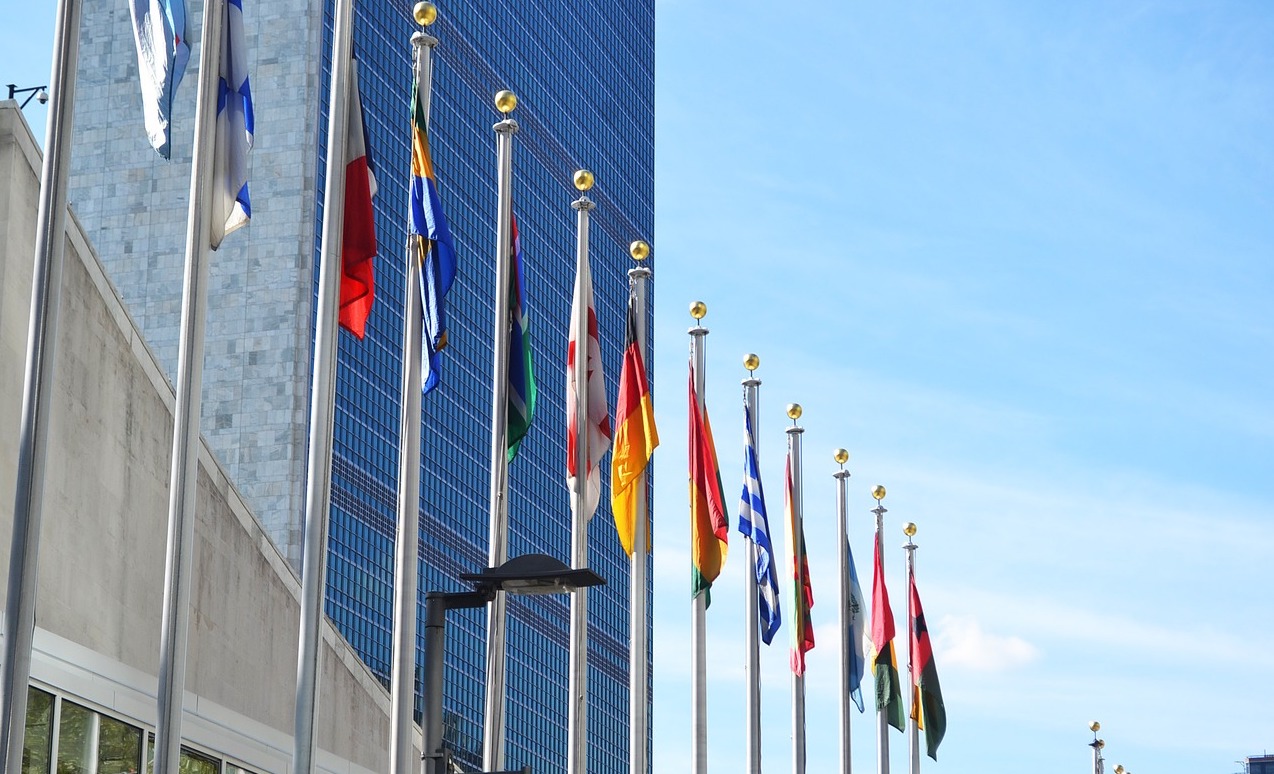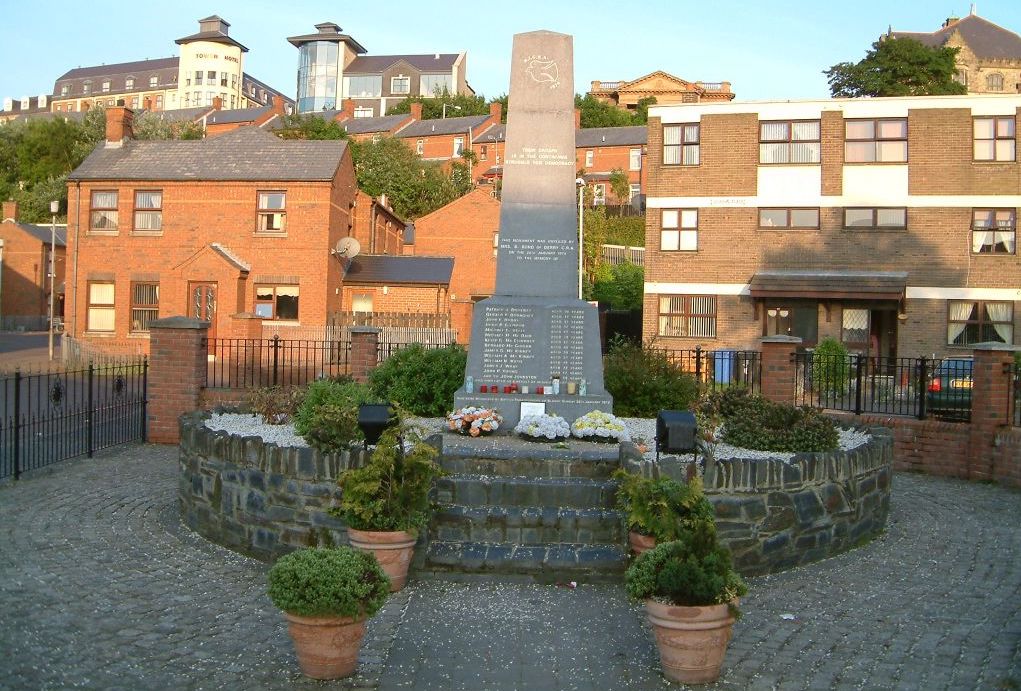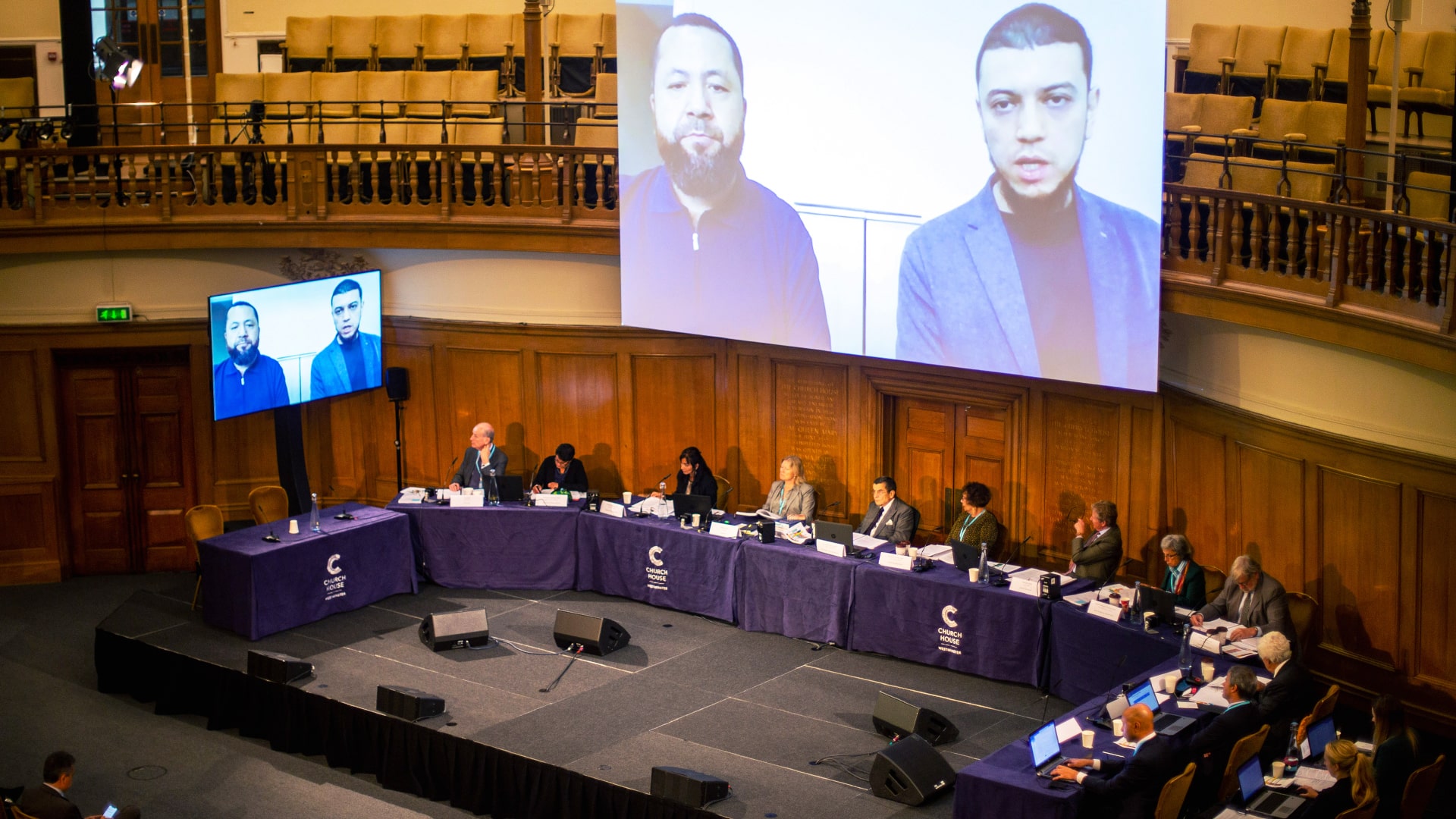
Uyghur Tribunal in UK hears testimony on abuses
The Uyghur Tribunal, an “independent people’s court” convened by exile and human rights groups, concluded after months of hearings in London. Following a request from the World Uyghur Congress, the Tribunal was organized last year by Sir Geoffrey Nice, the lead prosecutor for the International Criminal Tribunal for the former Yugoslavia. The Tribunal heard testimony from some 500 witnesses, including survivors of the detention camps in Xinjiang, on torture, sexual abuse, coerced labor, and forced sterilization. (Photo via Coda)




